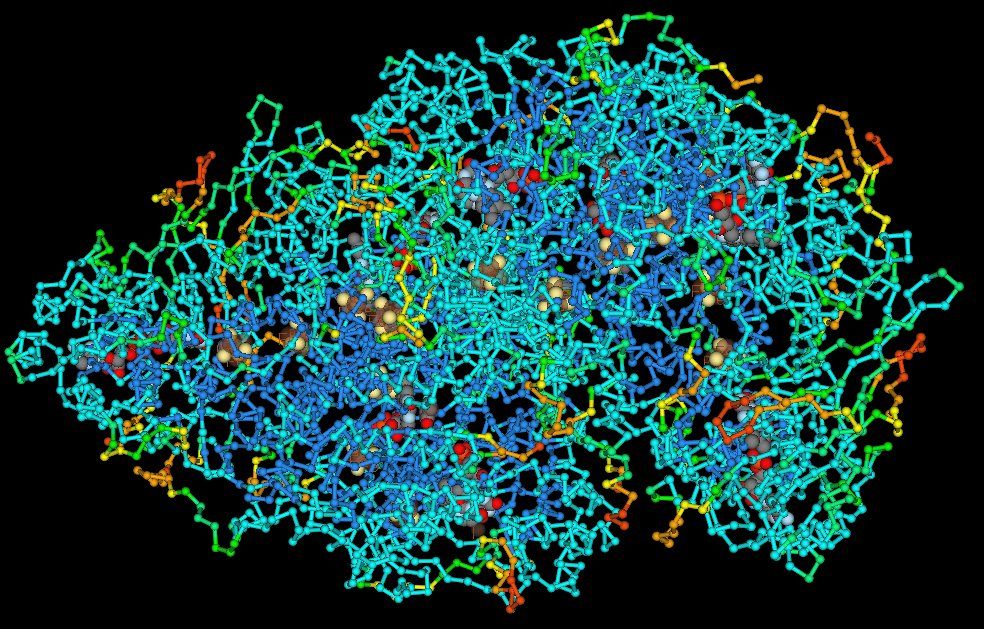Top Uses of Polymers: Enhancing Everyday Products
Top Uses of Polymers: Enhancing Everyday Products
Blog Article
Exploring the Varied Applications and Benefits of Polymers in Different Industries
Polymers, with their varied variety of residential or commercial properties and capabilities, have actually ended up being indispensable in various sectors, each gaining unique advantages from their application. Polymers. From boosting safety and security and performance in the automobile industry to reinventing clinical devices in the healthcare industry, polymers play a critical role. Their eco-friendly nature is altering the landscape of sustainability methods. As we look into the midsts of polymers in electronics, we discover sophisticated developments, while their architectural integrity changes the realm of building and construction and framework. The prevalent impact of polymers throughout markets is a testament to their flexibility and flexibility, shaping the future of many industries.
Automotive Industry Applications
Polymers play an essential role in boosting the performance and toughness of various elements within the vehicle industry. One famous use of polymers in the vehicle industry is in the production of lightweight parts.

Medical Care Industry Benefits
In numerous healthcare applications, the advantages of utilizing polymers are widely acknowledged for their diverse series of valuable buildings. Polymers play a crucial function in the health care market as a result of their flexibility, biocompatibility, and cost-effectiveness. Among the primary advantages of polymers in medical care is their capacity to be customized to particular needs, such as adaptability, durability, and biodegradability, making them suitable for a broad variety of medical applications.
Polymer-based products are thoroughly utilized in medical devices, such as catheters, implants, prosthetics, and drug shipment systems, due to their biocompatibility and capacity to mimic natural cells. These materials can decrease the danger of allergies or rejections, enhancing patient safety and security and results. Furthermore, polymers are lightweight, making them appropriate for wearable medical tools and making certain individual comfort.
Moreover, polymers enable the advancement of cutting-edge treatment methods, such as hydrogels for tissue design and nanocomposites for targeted drug distribution. Their convenience of processing and sterilization makes them essential for maintaining high criteria of hygiene in health care setups. On the whole, the diverse advantages of polymers contribute considerably to developments in medical technology and person care.
Environmental Advantages of Polymers

Furthermore, polymers can add to power financial savings due to their lightweight nature. In sectors such as transportation, lightweight polymer materials can help decrease fuel usage and greenhouse gas emissions. In addition, polymers can enable the advancement of energy-efficient products such as insulation products that enhance energy conservation in structures.
Additionally, polymers play an important duty in reducing water air pollution. As an find more info example, making use of polymer-based filtration systems can properly get rid of toxins and contaminants from wastewater, safeguarding water resources and ecological communities. Generally, the ecological advantages of polymers make them valuable possessions in advertising sustainability and environment-friendly practices across numerous industries.
Polymers in Electronics and Modern Technology
Thinking about the increasing need for ingenious and sustainable solutions in modern sectors, the combination of sophisticated polymer modern technologies in the realm of electronic devices and technology has actually arised as a crucial strategy for driving effectiveness and performance. Polymers have changed the electronic devices market by enabling the production of lighter, a lot more versatile, and sturdy electronic tools. From mobile phones to clinical gadgets, polymers play a vital duty in enhancing item style and functionality.
One substantial benefit of polymers in electronic devices is their protecting residential properties, which help protect fragile electronic components from environmental variables and electrical interference. In addition, polymers are important in the growth of flexible screens, wearable innovation, and published electronic devices, offering unlimited opportunities for creating smart and interconnected tools.
In addition, making use of polymers in digital packaging has actually brought about innovations in miniaturization and thermal monitoring, enhancing the overall performance and dependability of electronic systems. As innovation continues to advance, the flexibility and versatility of polymers will undoubtedly drive better advancement in the electronics industry, forming the future of modern technology.
Role of Polymers in Building And Construction and Infrastructure
Polymers provide various benefits in the building sector due to their flexibility, sturdiness, and cost-effectiveness. One key duty of polymers in building and construction is their usage in finishings and sealers, giving protection versus ecological factors such as moisture, UV radiation, and deterioration.
In addition, polymers play an essential role useful content in sustainable construction practices by enabling the advancement of energy-efficient frameworks. Shielding materials made from polymers aid control interior temperature levels, reducing the requirement for heating and cooling systems and inevitably reducing energy intake. The usage of polymer-based composites in infrastructure jobs such as bridges and roadways enhances their long life and lowers upkeep expenses. On the whole, the unification of polymers in building and construction and infrastructure showcases their significant influence on modern-day engineering practices.
Verdict
To conclude, polymers play a vital duty in various markets such as auto, healthcare, environmental, electronics, and building and construction. Their functional homes make them valuable in developing innovative solutions and items. From improving fuel efficiency in vehicles to enhancing clinical devices, polymers use countless benefits. In addition, their effect on reducing waste and advertising sustainability highlights their significance in modern-day applications. The prevalent check out here use polymers demonstrates their considerable payment to advancing modern technology and boosting lifestyle.
Report this page